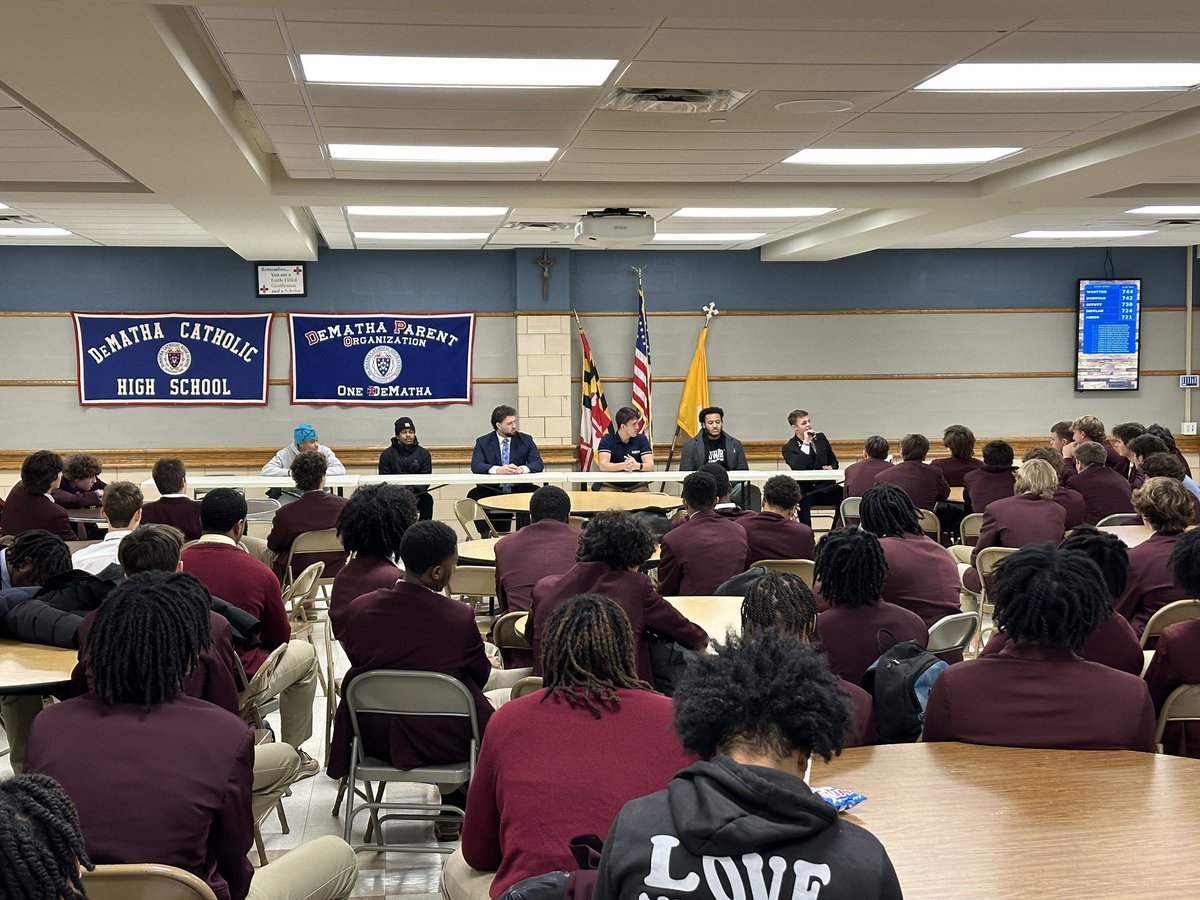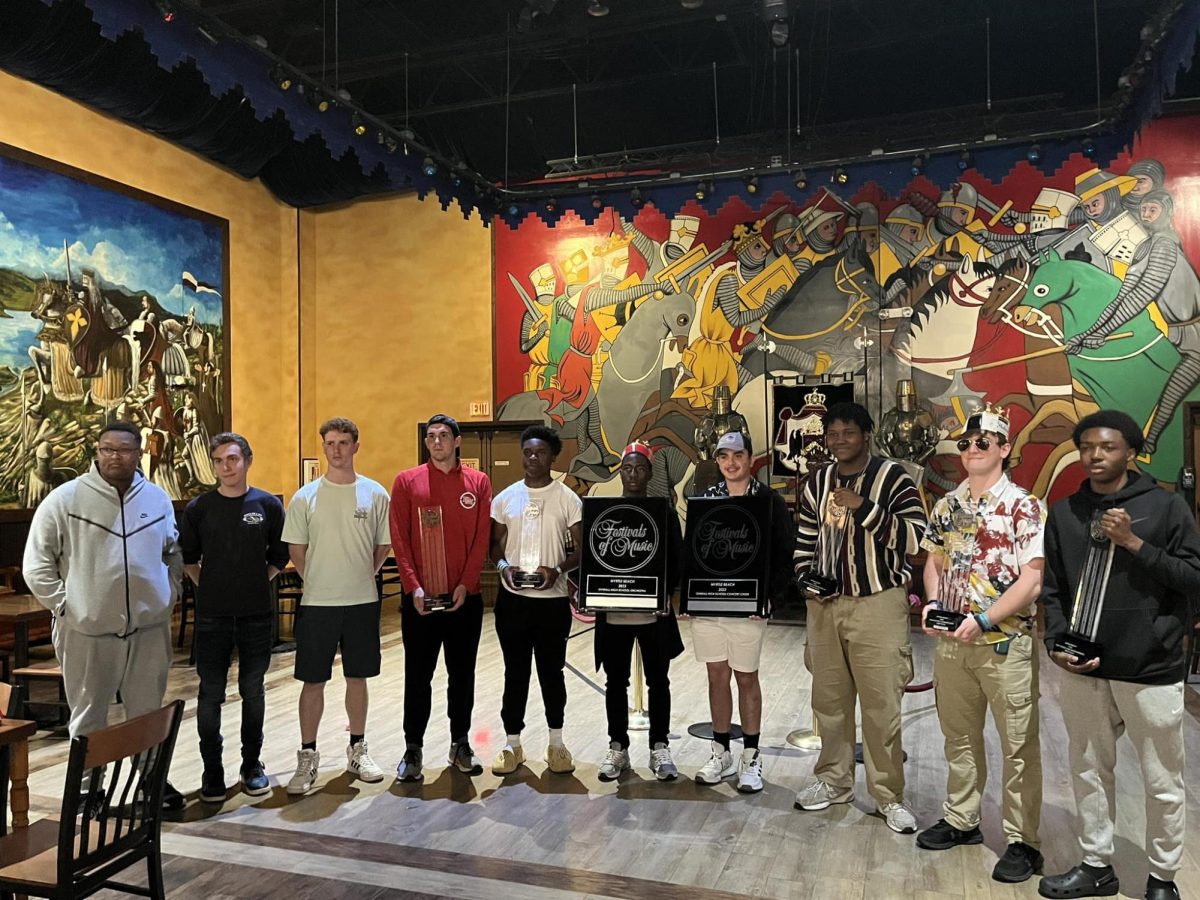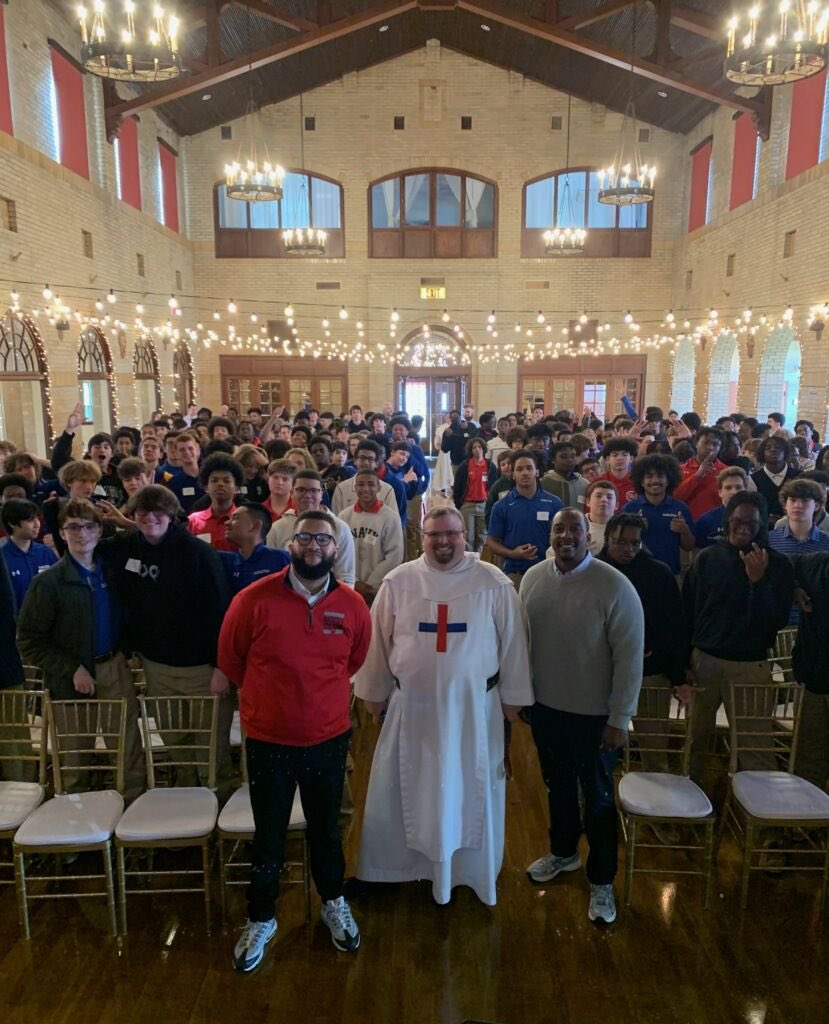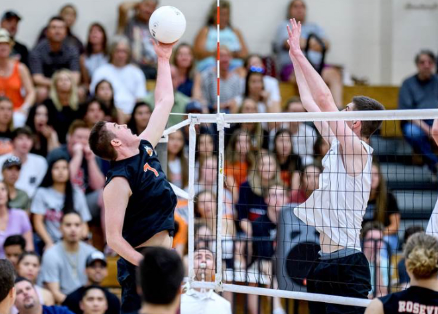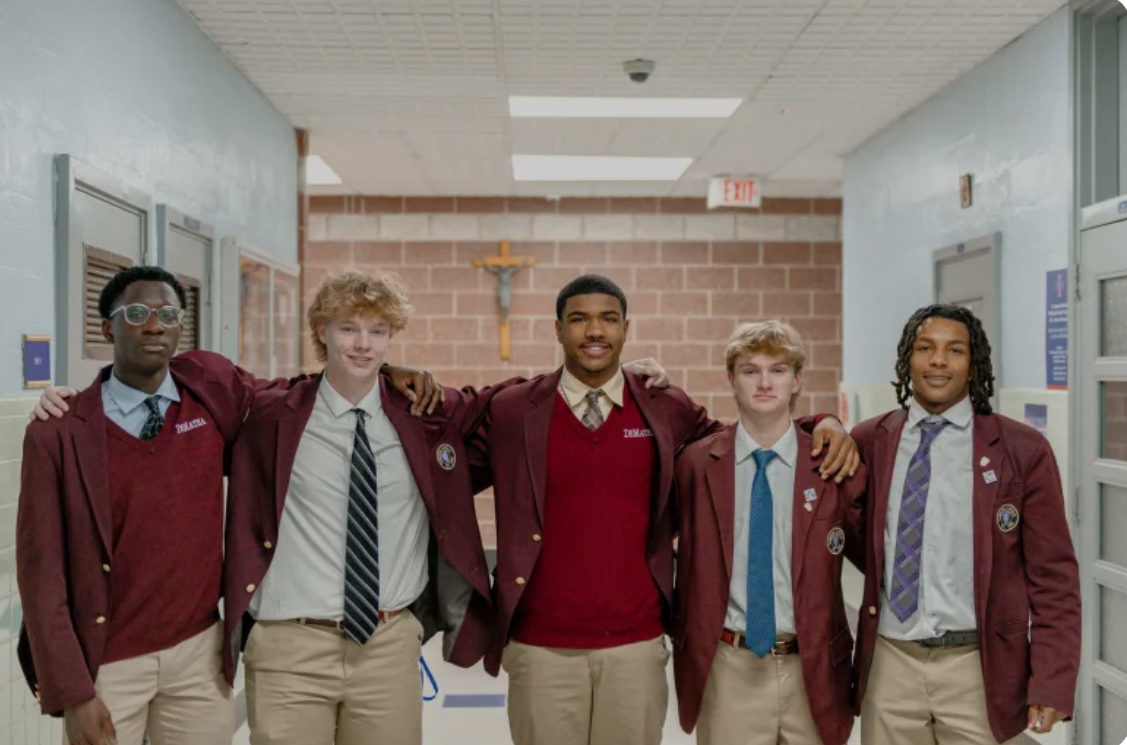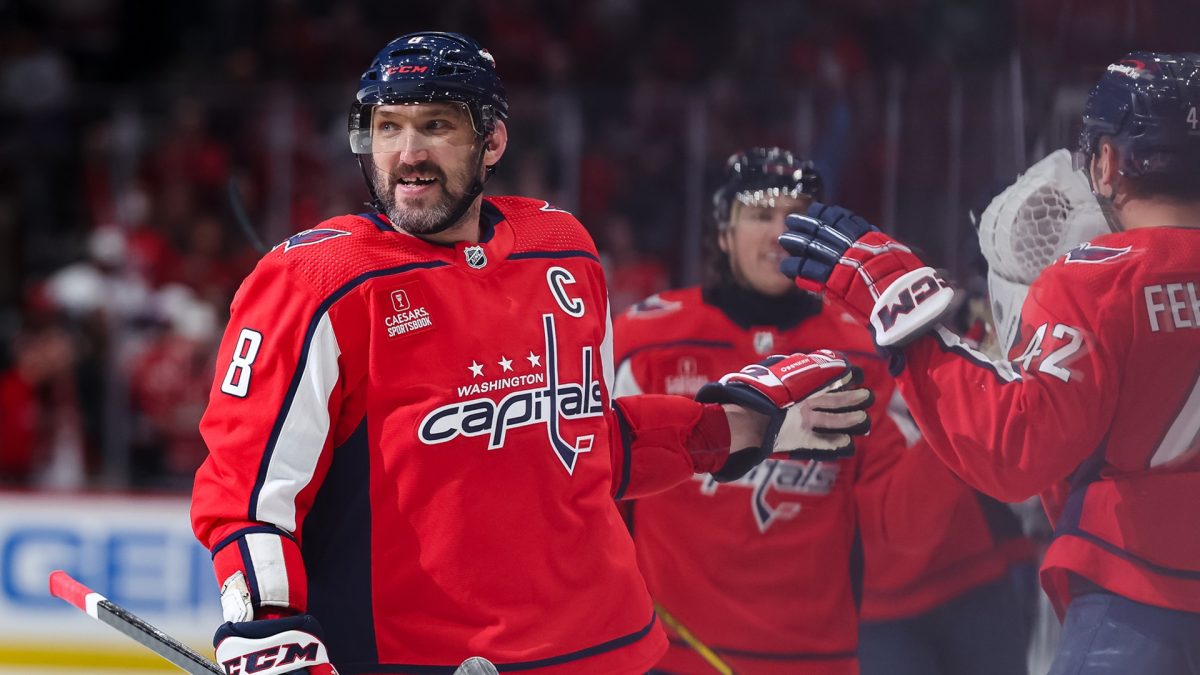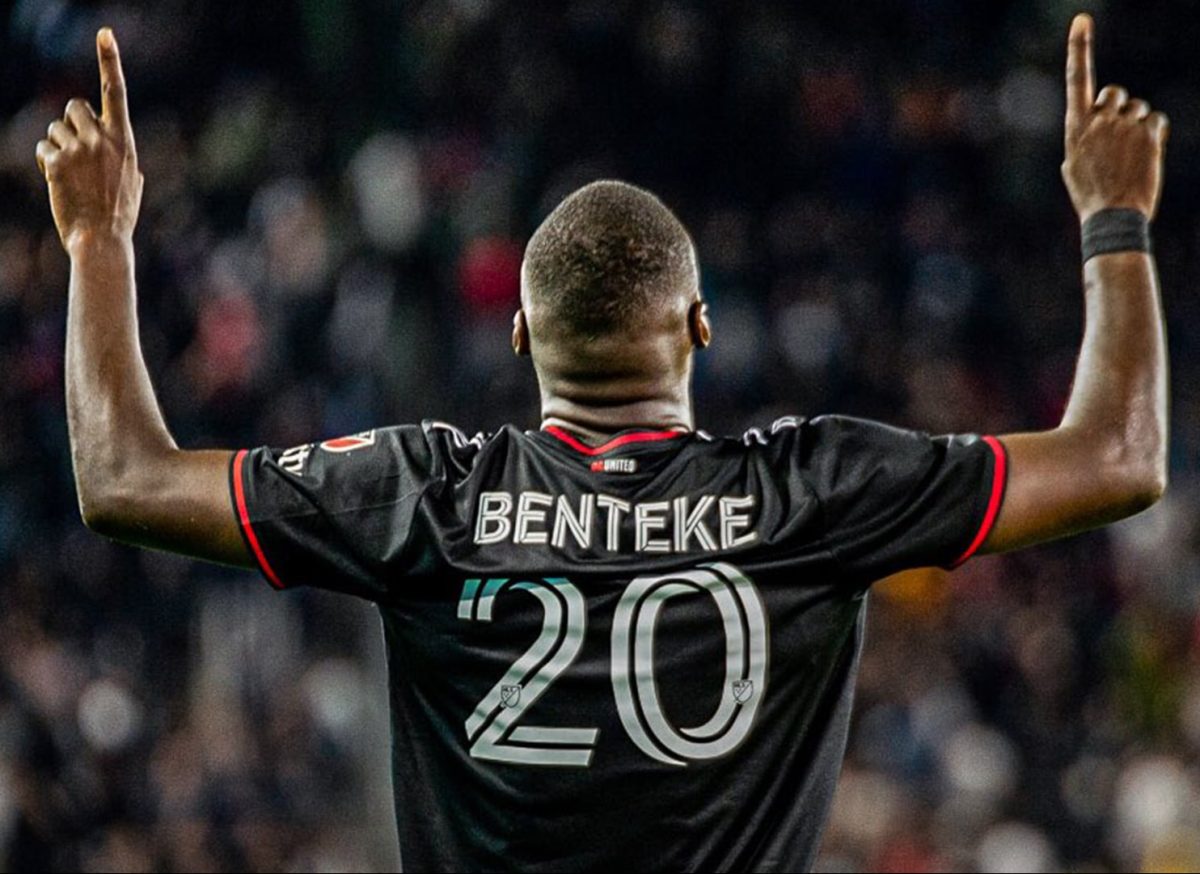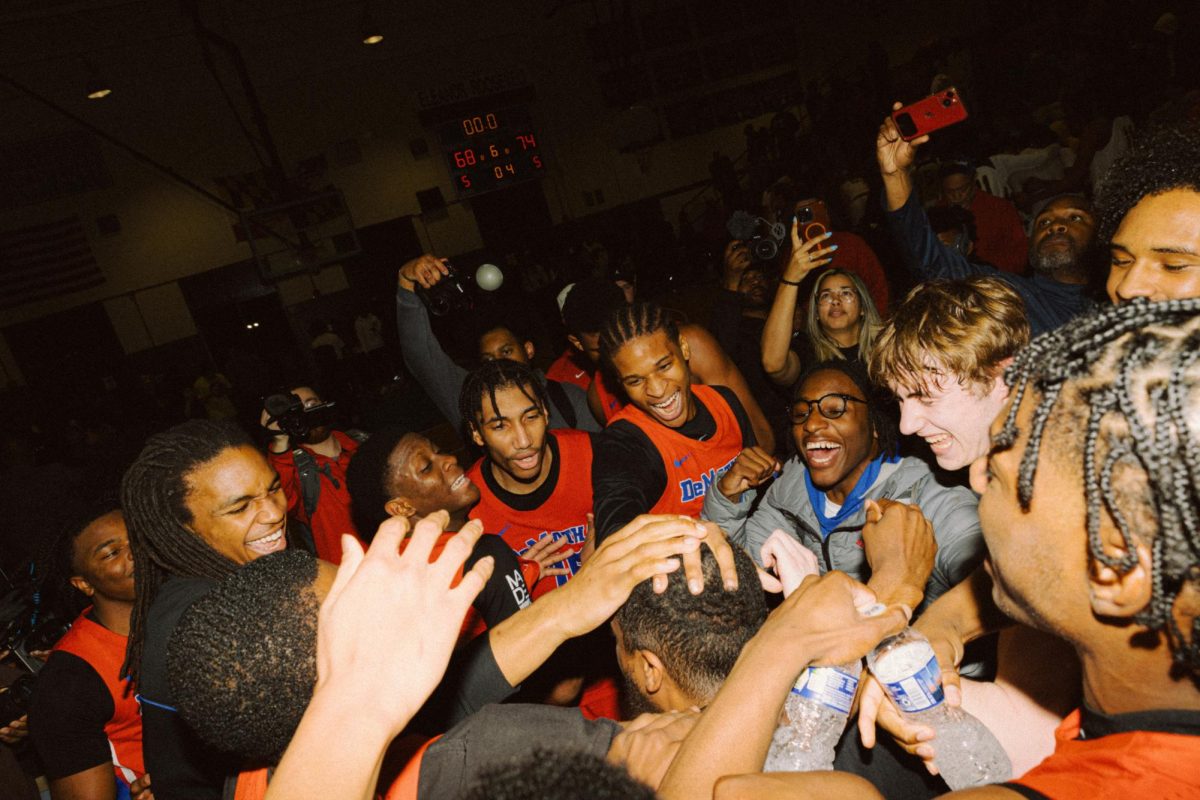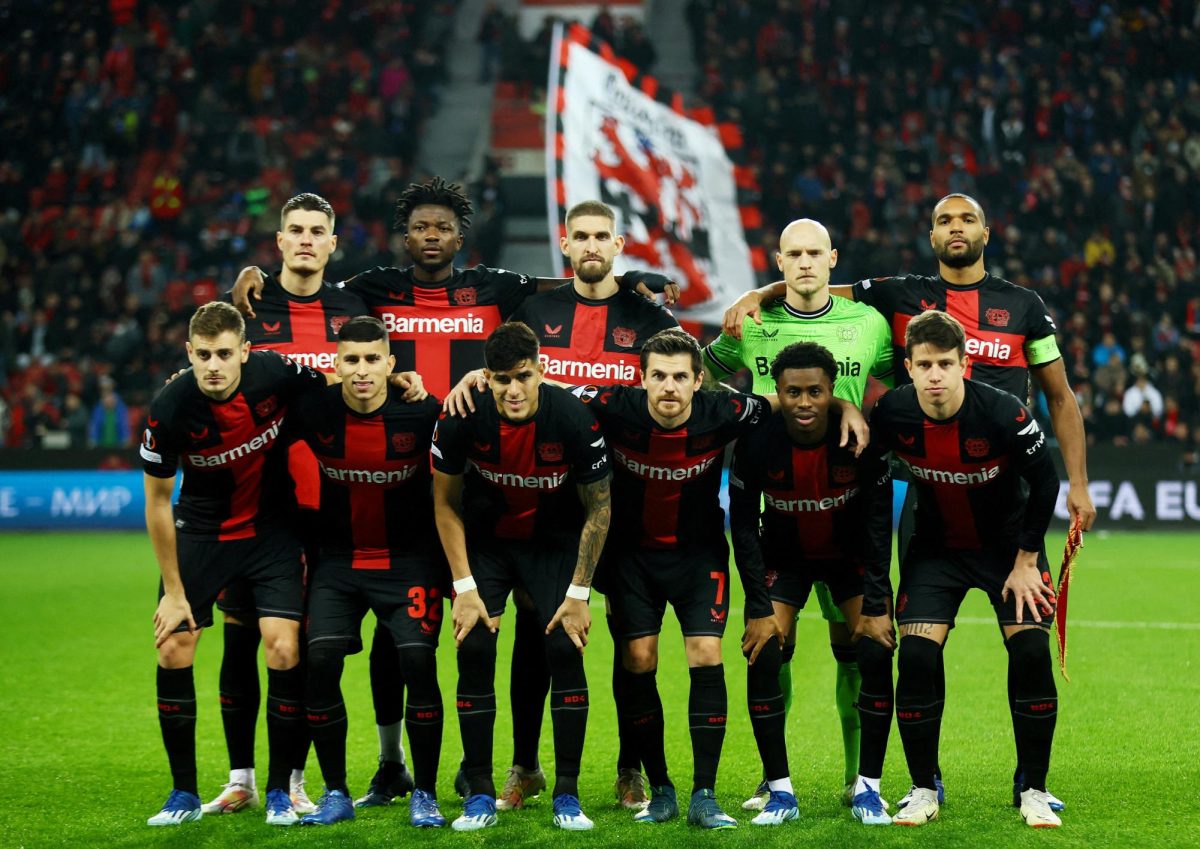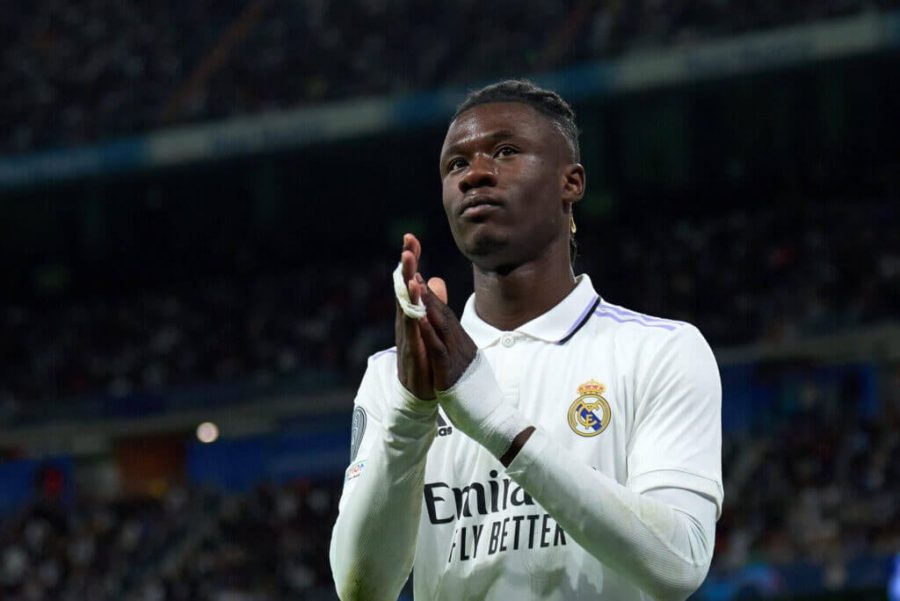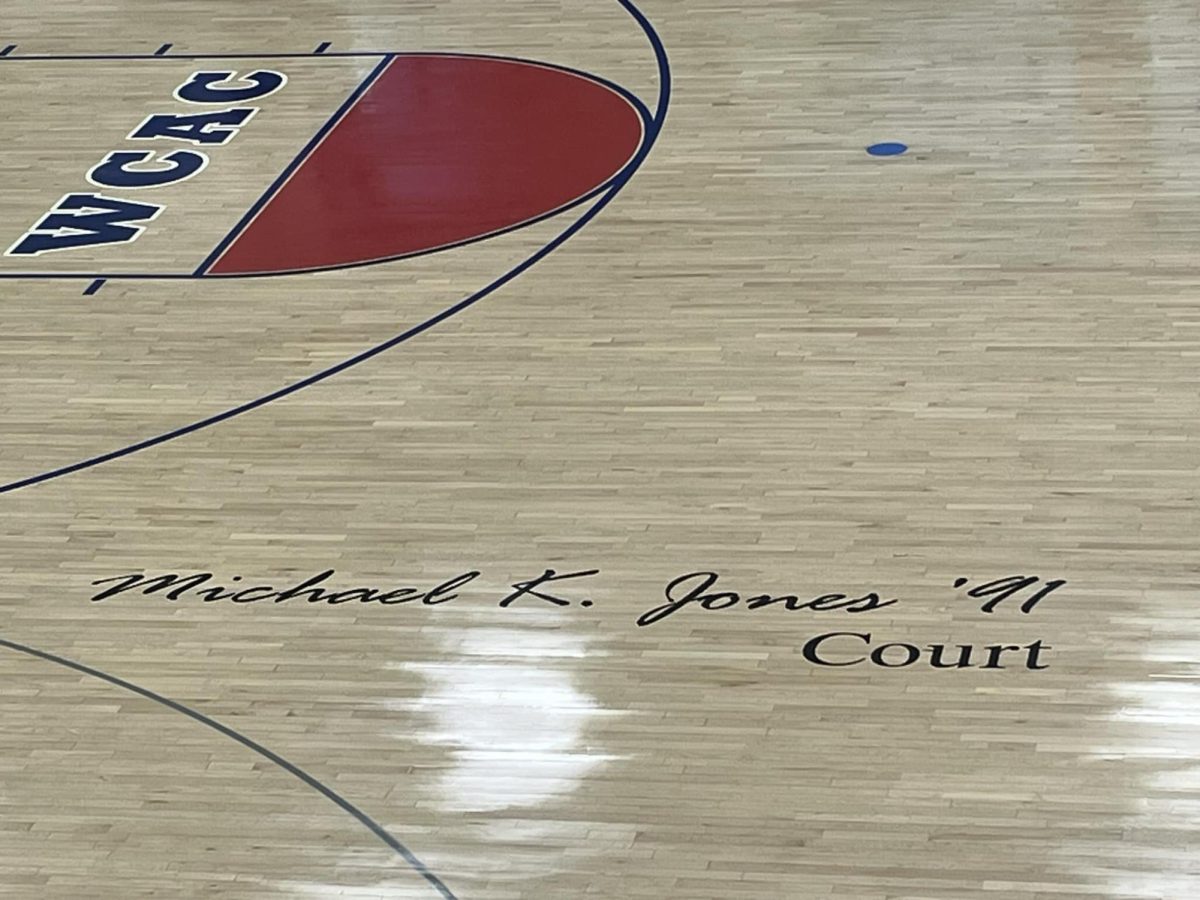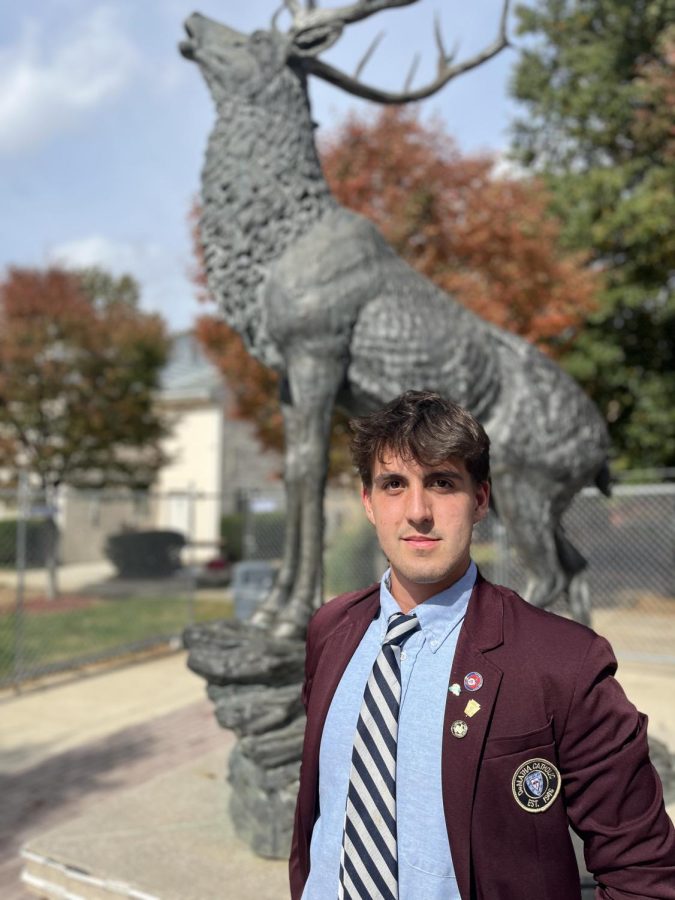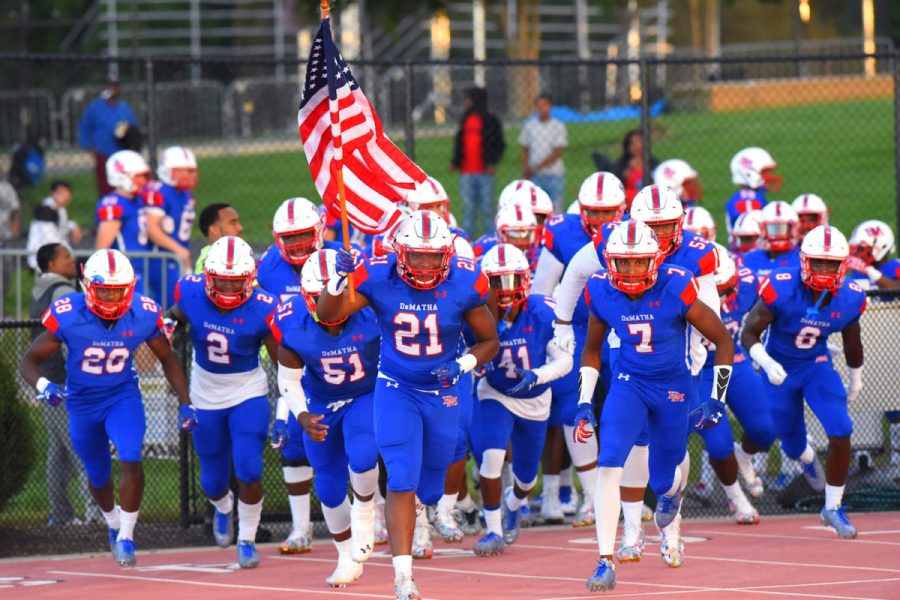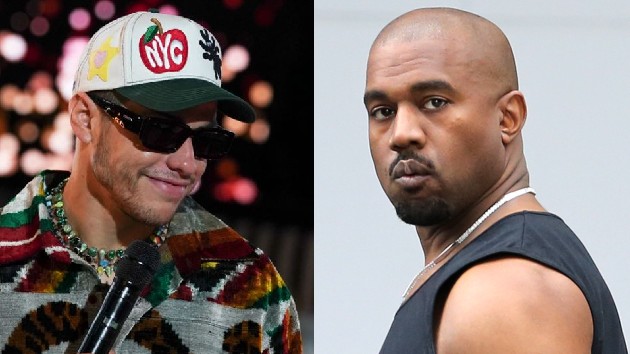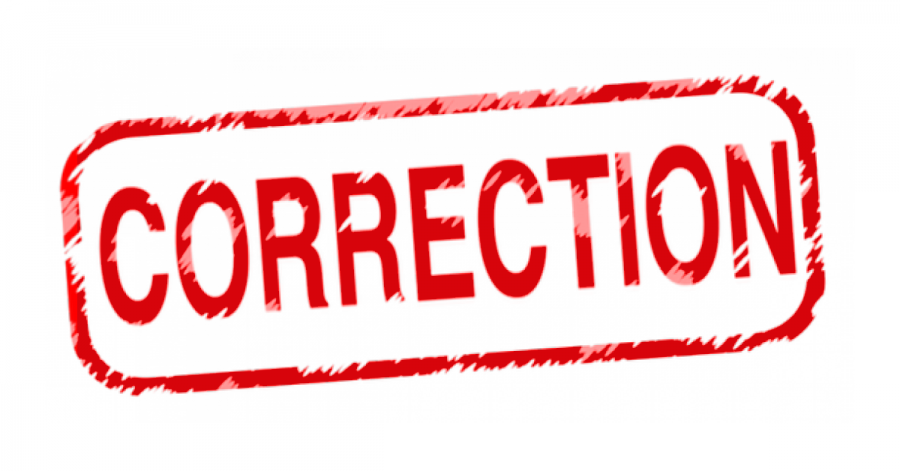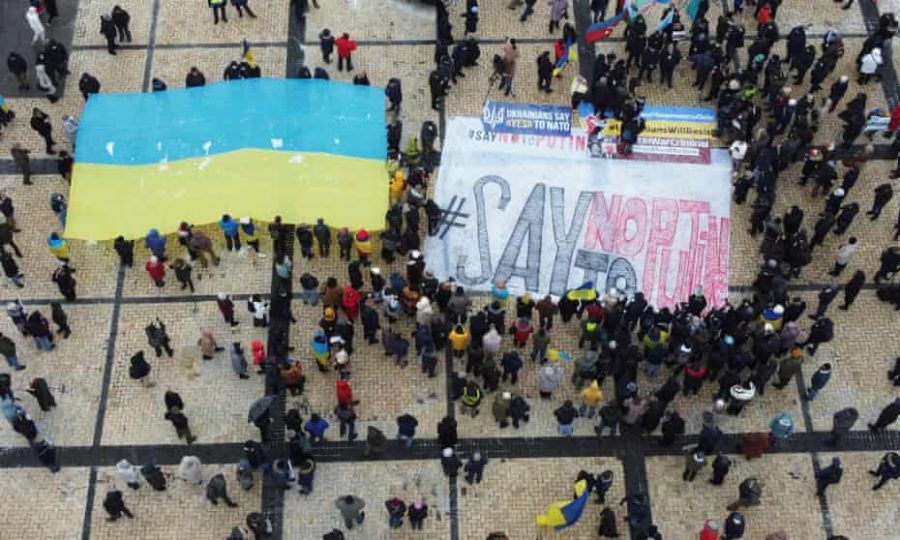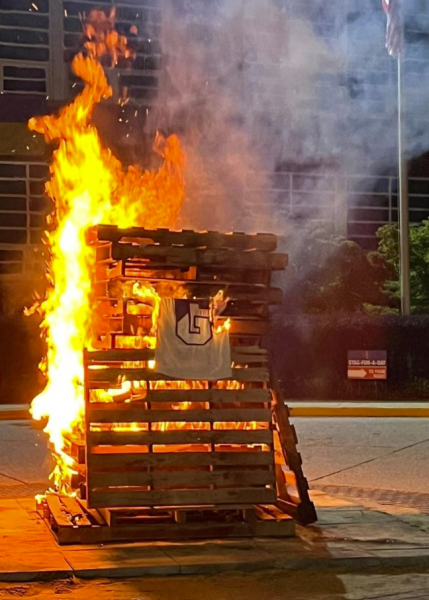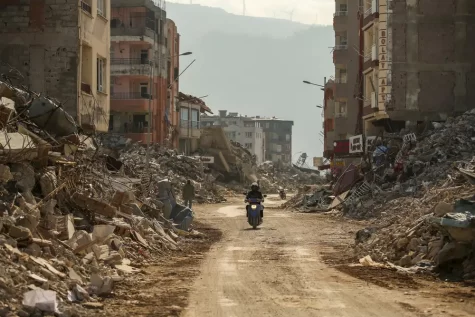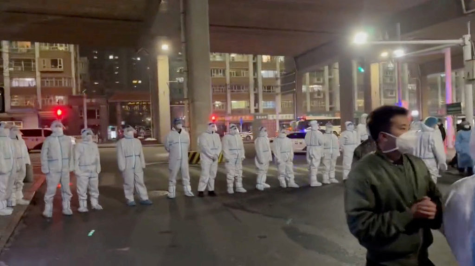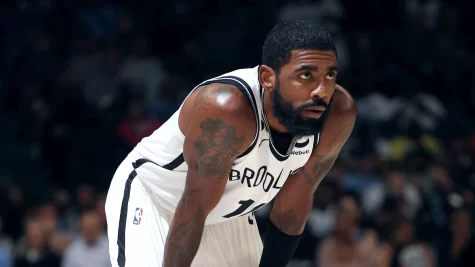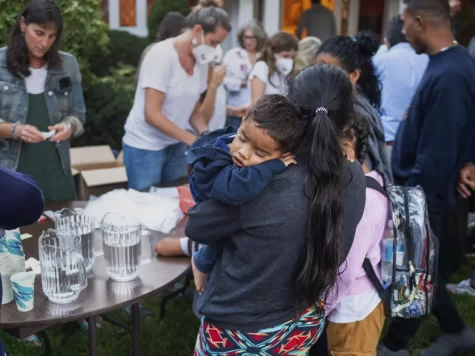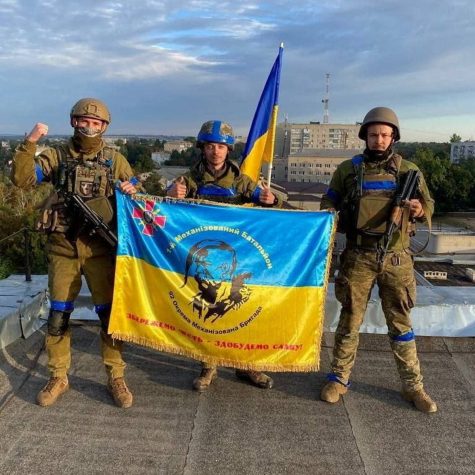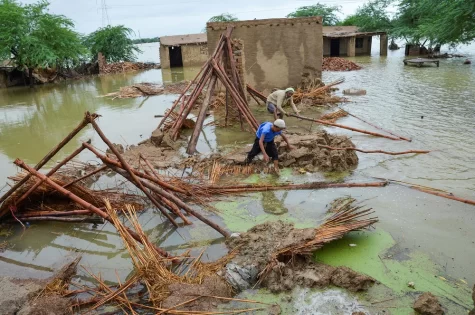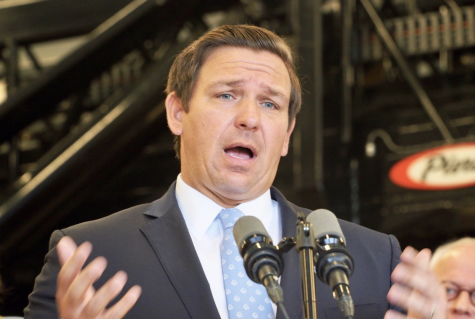A Song of Ice, Fire, and Geopolitics: The Ongoing Russo-Ukrainian War Explained
February 7, 2022
It’s hard to watch any news channel, read a newspaper, or even browse the internet without hearing about the Ukraine conflict. With between at least 100,000 and 175,000 Russian troops stationed at the border of Ukraine and Russia, and the North Atlantic Treaty Organization (NATO) allies supplying the Ukrainians with nonstop weapons and support, it seems like the situation is about to boil over. However, the entire conflict is not a recent development, rather the latest episode in a long and storied tale of Russian interference in Ukraine. In an effort to tell the entire story of the conflict, along with its reasons, history, and causes, I’ll describe them in detail. Then, we’ll see the conflict from the point of view of a student and a former intelligence analyst to put it into perspective.
Ukraine, during its tenure in the Union of Soviet Socialist Republics (USSR), was not a particularly welcoming place. Millions died during the Holodomor, a government-caused famine resulting from the sale of crops that were meant to feed the population. The estimated death toll was between 3 and 7 million, with possibly even more. The collapse of the Soviet Union in the early ’90s also brought much turmoil amidst the former members of the country. Newly independent Ukraine was not exempt from the chaos. First President of Ukraine Leonid Kravchuk, along with the leaders after him, tried and mostly failed to establish a working relationship with the Russian Federation. The region of Crimea, where a majority of the people identify as Russian, was also a place of much conflict. When the independence votes were counted, at least 56% of the population in Crimea voted to leave the Soviet Union, which will come into effect later. During the next 20 or so years, the country shifted constantly between a pro-western stance and a more Russian-friendly one.
In 2013, Ukraine was close to reaching a deal with the European Union that would’ve granted them closer political and economic ties, along with greater integration into the Union. However, then current President Viktor Yanukovych pulled out of the deal, after pressure from Russia mounted. The populace took to protesting, and after several months of riots and protests in Kyiv, Lutsenko, and other major Ukrainian cities, Yanukovych threw the hammer down. In January of 2014, he signed several laws that restricted protesting rights. Following the trend, riots broke out again, with the anti-government protesters even occupying government buildings in Kyiv, repealing the laws and freeing hundreds of political prisoners. In the following weeks, both government and anti-government forces clashed, leading to dozens of deaths and hundreds of injuries on both sides. Eventually, a peace was brokered by the European Union, with Yanukovych fleeing Ukraine before he could be impeached. With the situation somewhat calmed down, the new government made it clear that they wanted to get closer to the EU.

Amidst the chaos, Russia saw a chance to claim Crimea for themselves. Shortly after Yanukovych fled Ukraine in February 2014, unmarked gunmen, later found to be Russian soldiers, surrounded airports in Sevastopol and Simferopol and occupied the Crimean parliament building. Raising a Russian flag above the building, pro-Russian lawmakers gave politician Sergey Aksyonov the position of Prime Minister of Crimea. This was significant, as the amount of pro-Russian movements and sentiments was high in the region. With the parliament stacked heavily in favor of Russia, Crimea voted to secede from Ukraine and to join the Russian Federation in March, with armed soldiers present at most public polling stations. However, it was later found that the votes had been tampered with. Many in both Ukraine and the greater western world decried it as a violation of Ukrainian sovereignty, including acting president Oleksander Turchynov. Russian President Vladimir Putin stated the reason for the annexation was to protect Russian interests in the region, along with Russian citizens. Crimea and, more importantly, its warm water ports such as Sevastopol are large economic and military assets. With many of Russia’s current ports frozen in ice for a good period of the year, warm water ports allow trade and movement to happen year-round.
Conflict broke out across the country, as pro-Russian militias, clearly armed with Russian equipment, seized various government buildings, including an opera hall in Kharkiv that they mistakenly believed was a city hall. In Kyiv, the interim government had to deal with rising economic pressure from Russia, including an 80% increase on the price of natural gas exports to Ukraine. In response, American and EU officials froze many economic assets that were held by members of the Crimean and Russian Parliaments. At the time, pro-Russian separatists had been taking territory in East Ukraine, and the Ukrainian army had been battling the opposition forces for weeks. One of the more major engagements was the battle in early April to take back the airport at Kramatorsk from separatist forces. Pro-Russian forces had been getting pushed back, with Ukrainian armed forces going on the offensive in July of 2014.
With sanctions mounting against Russia, and tensions rising along with the number of skirmishes, Russian forces invaded in August. The situation reached a higher global stage when opposition militias, armed with Russian equipment, accidentally shot down a civilian Malaysia Airlines plane, killing all 298 passengers and crew onboard. As Ukraine doubled down on it’s offensive, the Russians responded with their own counter-offensive, pushing back Ukrainian forces. By the present, the war has been raging on for nearly 8 years. According to the Ukrainian government, at least 14,000 people have been killed, with the United Nations reporting that 3,393 of those casualties were civilians. The war has displaced millions more, turned eastern Ukraine into a warzone, and set world tensions high.
And this is where we find ourselves today. U.S intelligence has reported that the Russian government is planning a large-scale invasion of Ukraine. An estimated number of 175,000 Russian personnel are being stationed close to the border, and the Kremlin continues to put political pressure on both NATO and Ukraine. News of these events have been all over, with news channels and internet discussions rife with discussions of the geopolitical and military ramifications of the conflict. Unfortunately, many people are either unaware of the conflict or know only little about it.
The two people I interviewed, DeMatha junior Owen Kramer and former intelligence analyst Rodney Faraon, bring two experienced, yet different, viewpoints. For Kramer, he follows the events and geopolitics in general closely, while Faraon brings a more in-depth and experienced perspective.
Kramer’s reaction to the movements by Russian forces were, in his own words, “not completely surprising.” He cites Putin’s nationalistic and imperialistic tendencies, along with Putin’s obsession with “bringing the Russian Federation and restoring it to the former glory of the Soviet Union.” Still, he feels this doesn’t diminish the weight of the events, as this was such a massive mobilization of personnel and equipment. Faraon agrees with this sentiment. “The movement of a massive number of Russian troops and logistic trains were an indicator that Moscow was going to invade,” Faraon said, though he thinks the issue of the escalation is the great unknown: their objective. “We also need to understand their intent, and that hasn’t been made clear yet.”
The NATO response to the conflict has had its fair share of critics, with many criticizing the response from certain nations, especially Germany, who has been reluctant to give military aid and equipment to Ukraine. Kramer believes that the deployment of American troops to neighboring countries in Eastern Europe is somewhat of a safeguard. “They have asked for these U.S. troops to be sent there sort of as a tripwire…To be blunt, Russia is going to think twice about shooting into a country where American troops are stationed,” Kramer says. The presence of a major power like America, hopefully, will help to de-escalate the situation, as Russia will likely not want an American intervention in Ukraine.
“As to the rest of the NATO response, the energy sanctions and things are difficult,” Kramer says. When such sanctions are imposed, the receiving countries will take a hit to their economy, but the situation, he thinks, is still tense. Kramer thinks that a preemptive sanction would result in a faster escalation, however, and he thinks such an idea is “crazy”. He adds that the four big players of NATO, the U.S., France, the U.K., and Germany, could also suffer from sanctions being imposed. “Joe Biden, facing a midterm election, doesn’t want to see rising prices at the pump.” Add this to criticisms of his presumed laissez-faire attitude towards the Russians from some people, all of these could threaten his political chances in the future. “It could have an effect on midterms, especially if political ads are made well.” Despite that, he feels that anything below an all-out-war will have any effects on his presidential bid, if he decides to make one.
The new chancellor of Germany, Olaf Scholz, would not benefit from economic recessions, especially as Germany heavily relies on Russian energy sources like natural gas. Emmanuel Macron, the president of France, already deals with various large-scale protests due to rising gas prices, as does Boris Johnson, prime minister of the United Kingdom, whose own career might be at risk due to many votes of no-confidence. Faraon, however, believes that the NATO response has been swift and decisive, mostly due to U.S. leadership. While they have made it clear that they are open to a peaceful resolution of the conflict, they “are moving military assets closer to Russian borders, and supplies into Ukraine in case NATO needs to support Kyiv in a war.” However, as Ukraine lacks a NATO membership, this brings a challenge. “NATO is not obligated to defend it; thus, responses from many NATO countries will be uneven.”
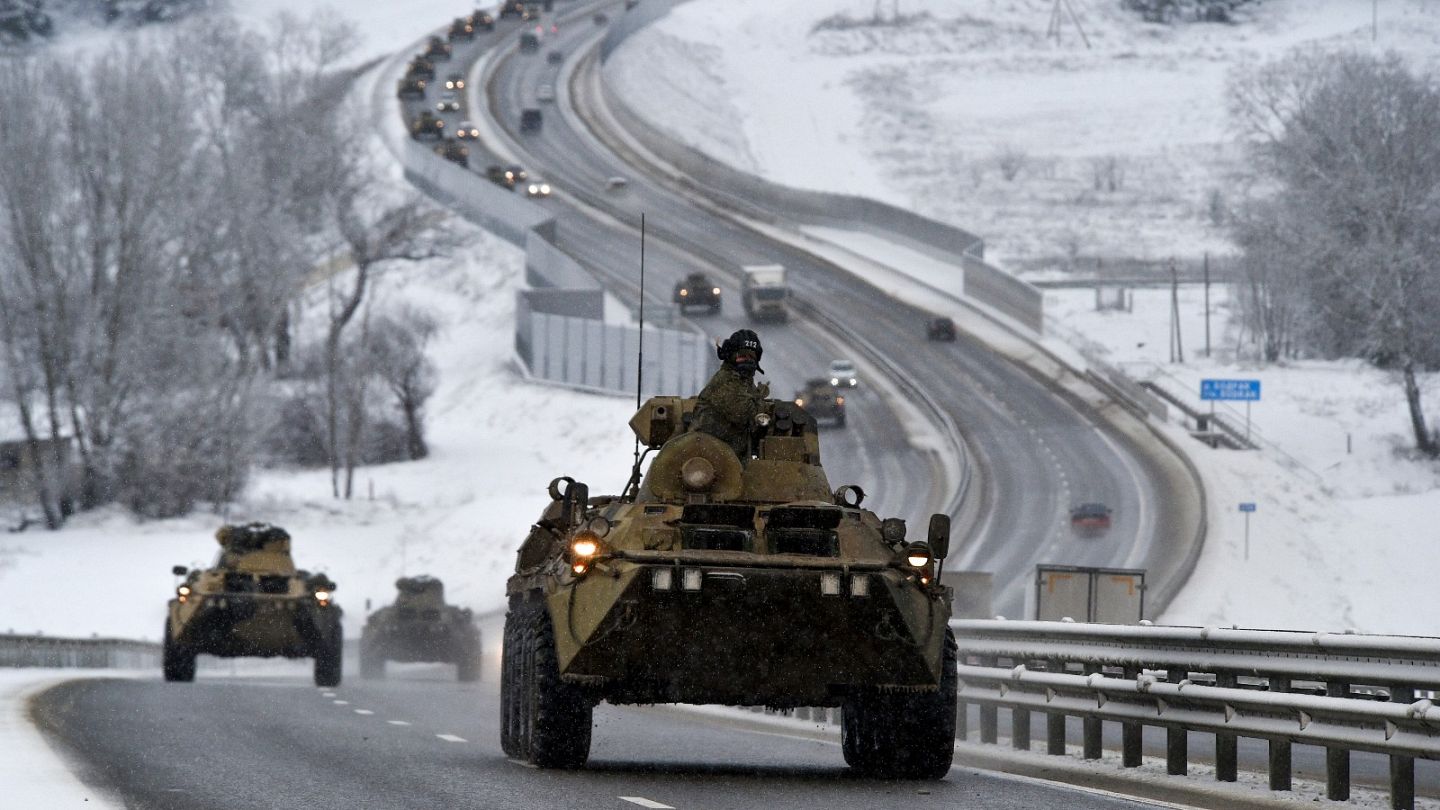
Causes of the escalation, like Faraon said, are unclear, leading to much speculation over them. Faraon himself believes that Putin is testing the Biden administration. “It’s like in football, when you line up on offense and then call a timeout once you’ve seen what the defense intends to throw at you.” He doesn’t doubt that there is a high chance Putin will invade. He adds that the massive movement of personnel and equipment is extremely costly, as well as politically risky. “This is not a feint.”
Kramer has a different view, saying that this might be a distraction for a smaller-scale incursion. “If he does a smaller sort of Crimea style, special forces invasion, and takes back some of the more pro-Russian sectors of Ukraine, the rest of the world, specifically Germany, will not react with full sanctions or military aid,” Kramer believes.
This would be a far less risky move than a full-scale invasion, which will more than likely be met with international condemnation. Kramer also postulates that the invasion is an additional distraction from more domestic issues. The Russian economy has been hit particularly hard by the pandemic, with the value of their currency falling considerably. Kramer believes that the Russian propaganda machine is making an effort to appeal to those who want to return to the perceived glory and strength of the former Soviet Union, and he also believes that it’s possible that Putin is attempting to unite the Russian populace through a common enemy and war effort. Additionally, with the Baltic states modernizing, adapting to cleaner energy sources, and generally leaving the Russian sphere of influence, this could potentially be a way to maintain Russian influence on the region. He thinks that Russia is attempting such efforts to additionally keep these nations from joining NATO, which would decrease their own influence even more. If Russia showed that it was willing to fight for these countries, Kramer says, it will prevent them from westernizing further. “They (NATO) don’t want to fight a whole war with Russia, as it would mean thousands dead, and it would just be a terrible travesty.”
Kramer thinks that a possible escalation could have negative consequences on world geopolitics. “I think an escalation would obviously be bad for the increasing democratization of the ex-Soviet countries, as it shows that Putin is willing to move outward.” Drawing from other sources, he and many others also wonder if such an escalation could embolden Chinese president Xi Jinping. “Many wonder if Jinping is watching what’s happening in Ukraine to get similar ideas about if he were to try and invade Taiwan, if he wanted to take it over,” Kramer said. Still, he believes that that is not happening as, if Jinping wanted to invade Taiwan, he would simply go for it without needing a casus belli. Kramer does add that if the U.S. gets involved in Ukraine, it could allow the Chinese military to make a grab with the “world’s forces stretched thin.”
He can also see large-scale economic sanctions could have adverse effects, especially in the European winter. If oil prices rise, he sees “larger issues with people freezing, as people can’t afford the oil to heat their houses, which could cause problems with famine, and other sorts of issues.” He sees the Trump administration’s targeted sanctions on semiconductors, which are integral parts of many electronics, to disrupt the Chinese company Huawei as a safer alternative to oil sanctions. “Putting targeted sanctions on semiconductors going into Russia could cripple their growing tech sector without hurting the global economy in the way oil sanctions would.” However, if oil sanctions were to be put in place, and prices were to rise on oil and gas, Kramer wants people to think twice about putting the blame on people. “Before criticizing whatever leader it is, think about who might be benefiting from those sanctions, and consider if you are willing to endure a little bit of hurt to save Ukrainian citizens from conflict, and being able to save Ukraine’s sovereignty.”
In the end, most people are wary of an all-out-war. Wars not only cost large amounts of money but also human lives. Despite what the propaganda machines put out, the person on the other side is still a person. Kramer hopes that a peaceful resolution can be found, whether it be a trade agreement in return for easing off of Ukraine or any other possible solutions. “It’s always difficult because you don’t want to compromise your security, economics, or ideology. You have to be very careful about what you do and what you say,” Kramer concludes.
